Swiss expert warns over lucrative illegal wildlife trade
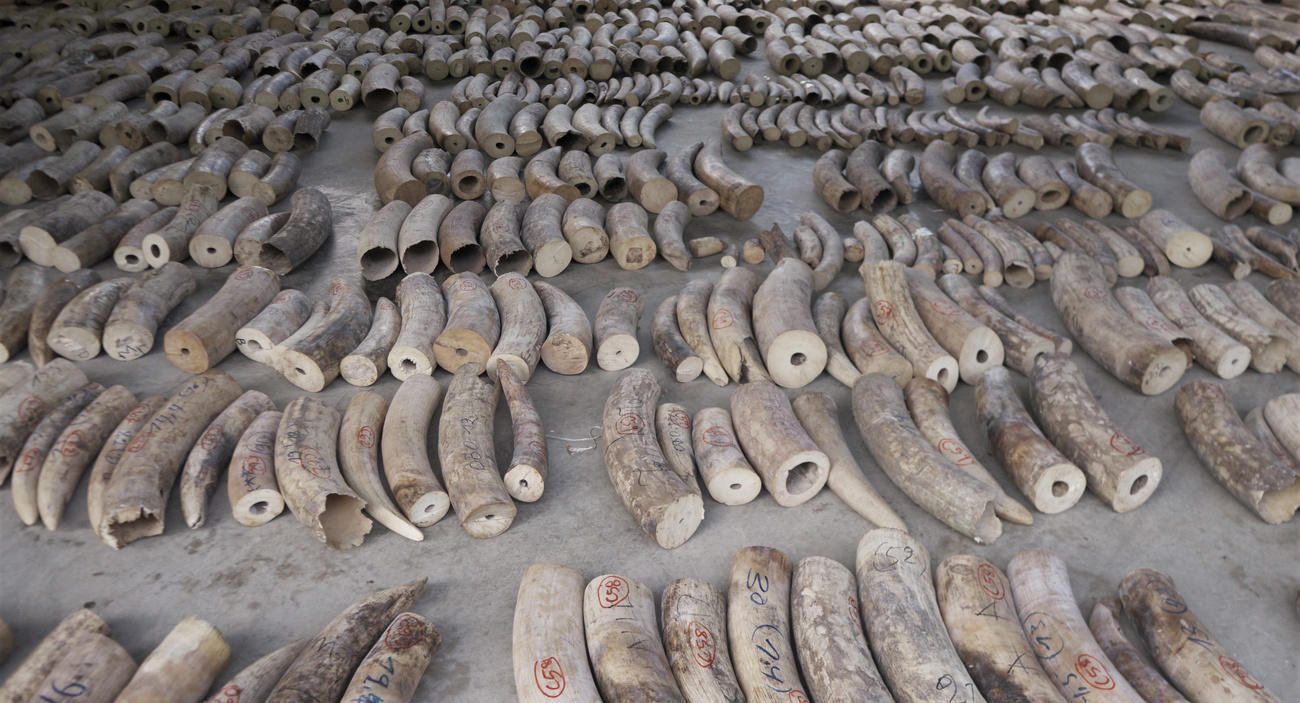
Poaching and the illegal trade in wildlife has become a massively lucrative, low-risk activity controlled by criminal groups, warns the lead Swiss delegate to a global gathering on the issue. Switzerland is calling for tougher penalties to crack down on illicit wildlife trade.
Mathias Lörtscher is head of species conservation at the Swiss Federal Food Safety and Veterinary OfficeExternal link. Since 2010, he has been one of the scientific experts on the Animals Committee of the Convention on International Trade in Endangered Species of Wild Fauna and Flora (CITES).
He is leading the Swiss delegation at the conference of the 183 state parties to CITESExternal link (COP18), which is taking place in Geneva from August 17-28.
CITES
Over 36,000 species are currently protected by the convention, signed in 1973 in Washington. Switzerland ratified the treaty in 1974 and is the depositary state and host of the CITESExternal link Secretariat, based in Geneva.
swissinfo.ch: The Geneva conference has a huge agenda with nearly 100 working documents and 57 species proposals up for discussion. What are the priority issues in your view?
Mathias Lörtscher: There will be a lot of talk and publicity around the elephant and rhino proposals, but there are also quite a lot of contentious proposals about marine species, such as sharks and guitarfish; we will have difficult discussions.
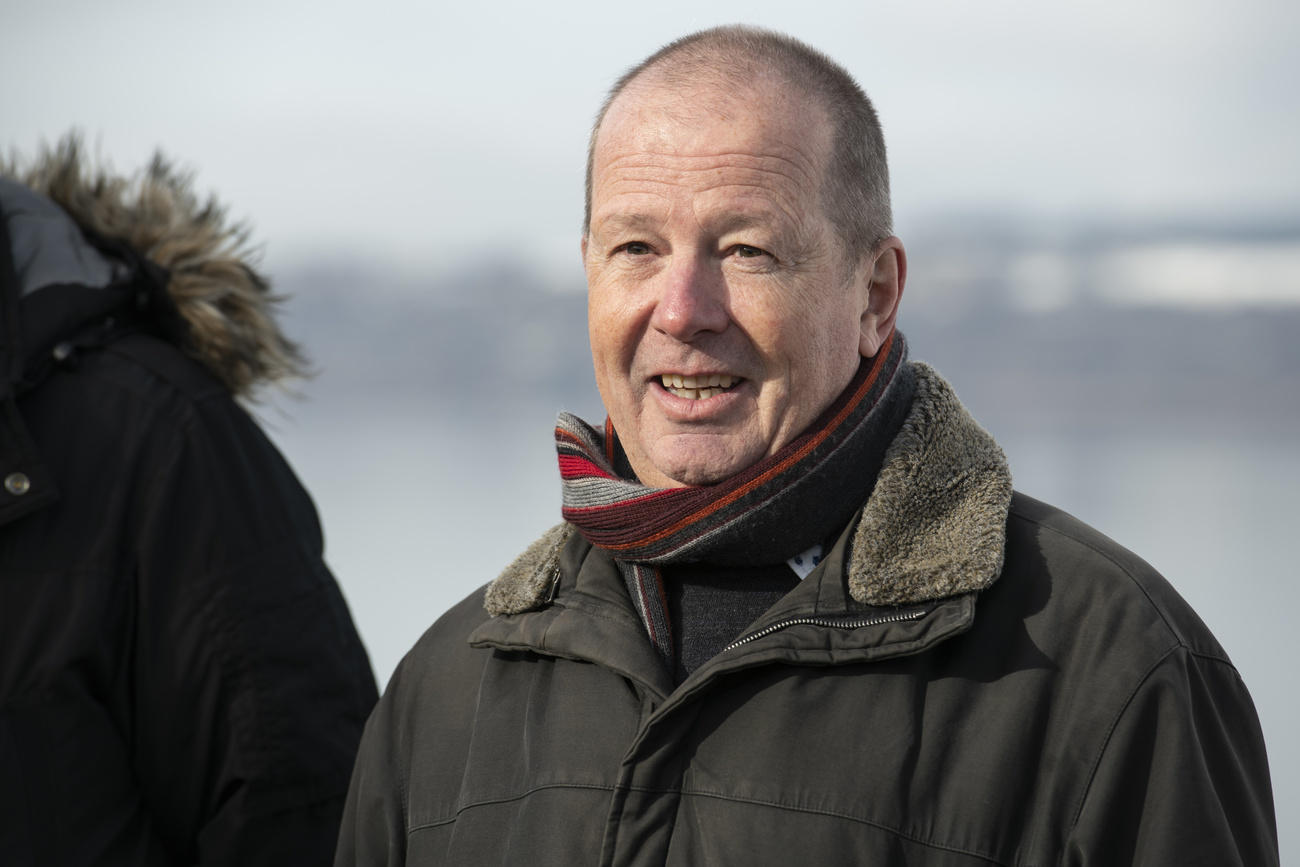
Fishing nations argue that the sustainability of fish and marine species should be dealt with by regional fisheries management organisations and not in CITES. But many CITES parties feel these bodies are not doing enough about sustainability.
We always have the same discussions about elephants and rhinos. Southern African countries have stable or slightly increasing populations and want to trade in the ivory of dead animals and those killed during operations to control the population. But other African nations say you shouldn’t be allowed to trade in any ivory. I don’t think the positions will change.
At the moment CITES doesn’t allow for the legal trade unless very big legal hurdles have been overcome. This current safeguard is enough in our view. We think we must keep the status quo.
swissinfo.ch: Why is Switzerland calling for action on tropical fish?
M.L.: We realise that there is a huge global trade in tropical fish, with over 1,000 species being traded, or an estimated total of 20-40 million fish a year. But only very few are controlled by CITES. We don’t know how the sustainability of the other unprotected species is guaranteed, so we are asking CITES to examine this.
swissinfo.ch: The conference will also consider how to enhance the roles of indigenous people in CITES decisions and processes. How should this be done?
M.L: Local indigenous people are often directly affected by the decisions taken by the convention. I feel their voices should be heard as well as those of western NGOs that often want to ban all trade in wildlife. This imbalance needs to be corrected.
When communities live side-by-side with nature and are using it sustainably, we need to hear their voices. But how do you do this? That’s difficult. If you try to impose on parties that they include indigenous populations when they send proposals, that may be seen by some as an infringement of national policy; it’s a very touchy issue.
swissinfo.ch: Why is CITES such an important treaty in your view?
M.L: CITES has been working for 40 years. It has a lot of experience in managing the trade in wildlife. CITES also has teeth [to enforce compliance] that make it work. It has various measures and processes that ensure parties are really in compliance with the convention. States that are not in compliance are banned from the trade in wildlife species.
But CITES continues to grow and we don’t give it the necessary tools and funding to do all the work we are asking for. There is also a concern that we are moving away from the core business of CITES: the regulation of international trade.
swissinfo.ch: How serious have poaching and the illegal trade become in recent years?
M.L.: Wildlife trafficking is the fourth-most lucrative illicit trade in the world behind arms, people and drugs. There is a big illegal trade around pangolins, ivory, rhino horn, pets and caviar, for example.
What worries me most about the illegal trade is that it’s becoming a well-organised criminal activity with groups making a lot of money. It’s a high-income, low-risk illegal trade. The penalties and sanctions when you are caught are still far too low in many countries.
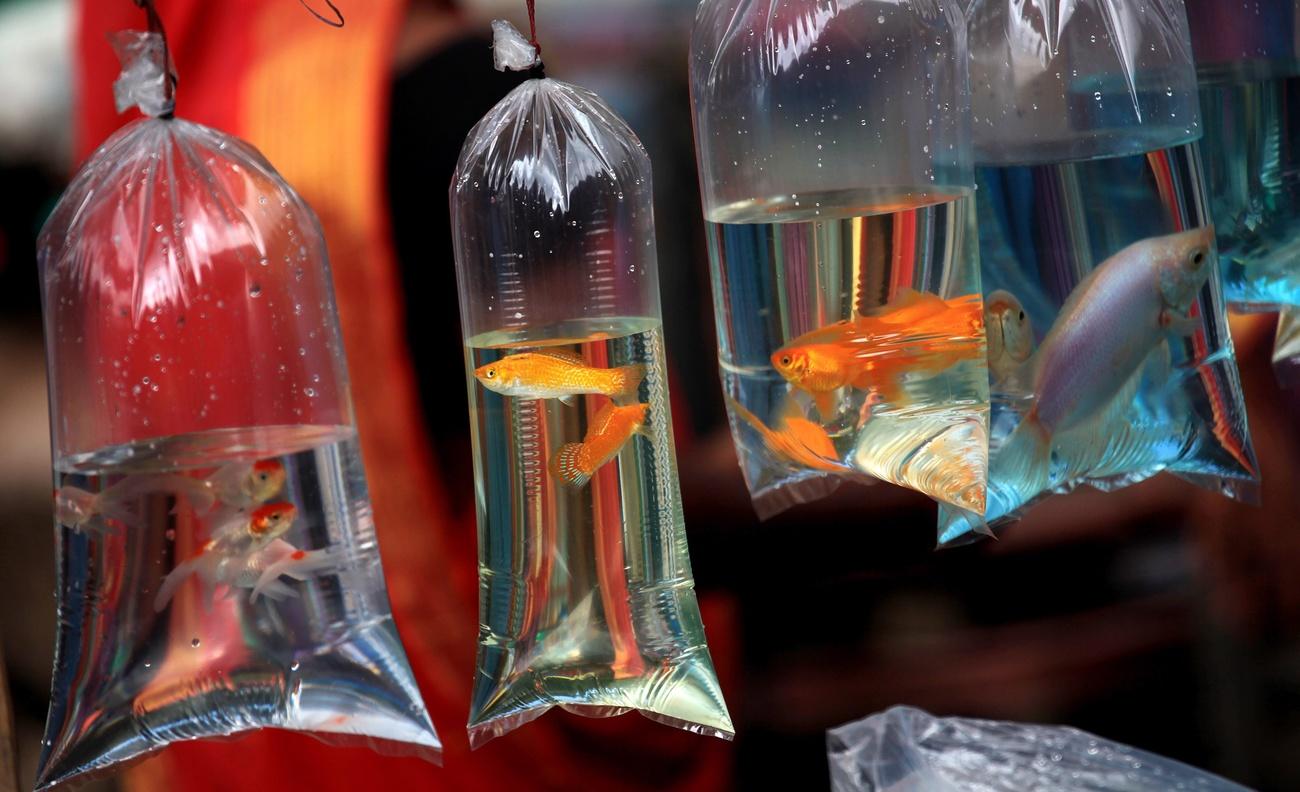
More
Tougher sanctions mooted on illegal trade in animals and plants
swissinfo.ch: The Swiss government wants to tighten sanctions and to make the trafficking of protected species for commercial purposes a punishable crime. Is the illegal trade in wildlife a big problem in Switzerland?
M.L: Switzerland is on the edge of these illegal trade flows. We occasionally have big seizures, like in 2015 when 262kg of ivory passed through Zurich Airport. There was also an illegal trade in eels last winter that was done on a big commercial scale.
The UN General Assembly, Interpol, World Customs Organization (WCO) and the UN Office on Drugs and Crime have all issued resolutions urging states to increase penalties and to make trafficking an official crime. We want to be prepared if there is a case of organised crime so that we have the tools to punish such activities.
swissinfo.ch: The Trump administration’s plans to overhaul the US Endangered Species Act continue to make waves. What’s your view on this move?
M.L: The US Endangered Species ActExternal link has been a model for us in Switzerland. We used it as an example to include new legislation to also punish the imports of species which are not in CITES but which are protected in other countries. Weakening this US legislation is a disappointment and sends the wrong messages.
In recent years, the environment has not been a top priority for many countries. It is worrying that there are forces around the world looking at nature not as something to manage sustainably or to be protected but as something that can be exploited as much as possible. This is a very worrying trend.
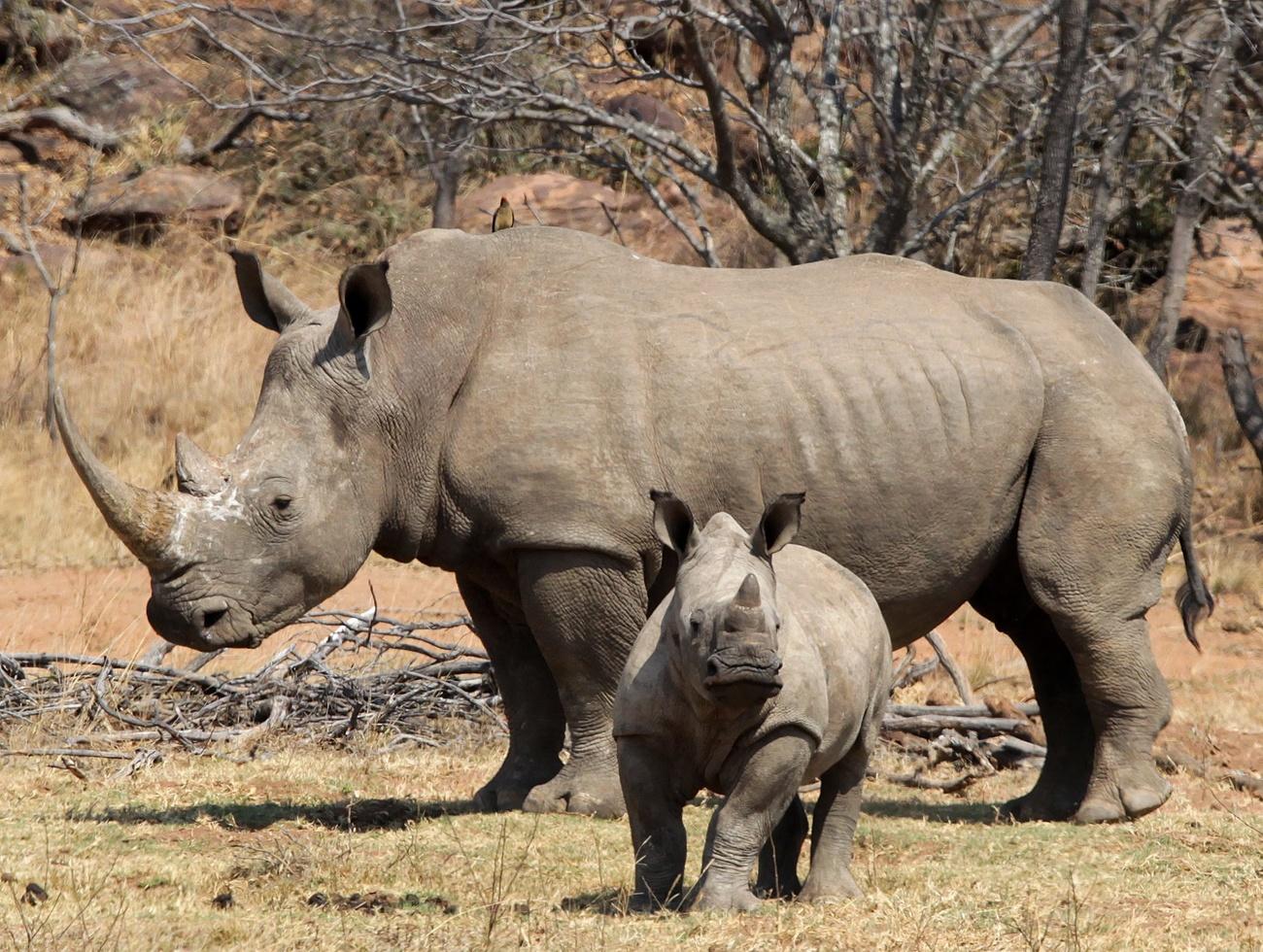
More
Switzerland opposes proposals to restart trade in rhino horns and ivory

In compliance with the JTI standards
More: SWI swissinfo.ch certified by the Journalism Trust Initiative











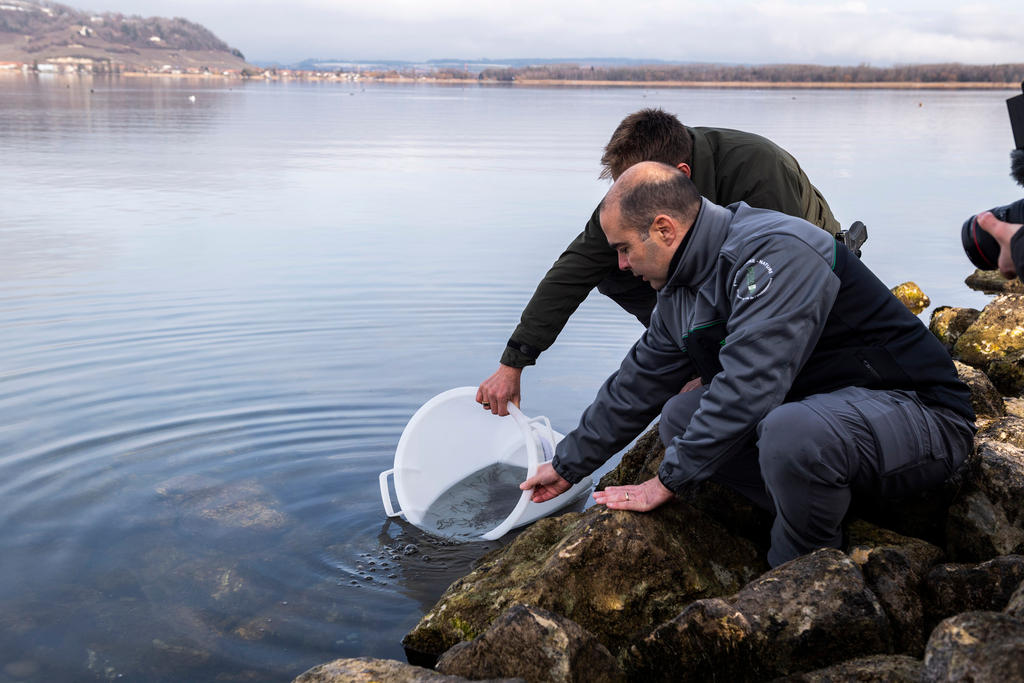

You can find an overview of ongoing debates with our journalists here . Please join us!
If you want to start a conversation about a topic raised in this article or want to report factual errors, email us at english@swissinfo.ch.